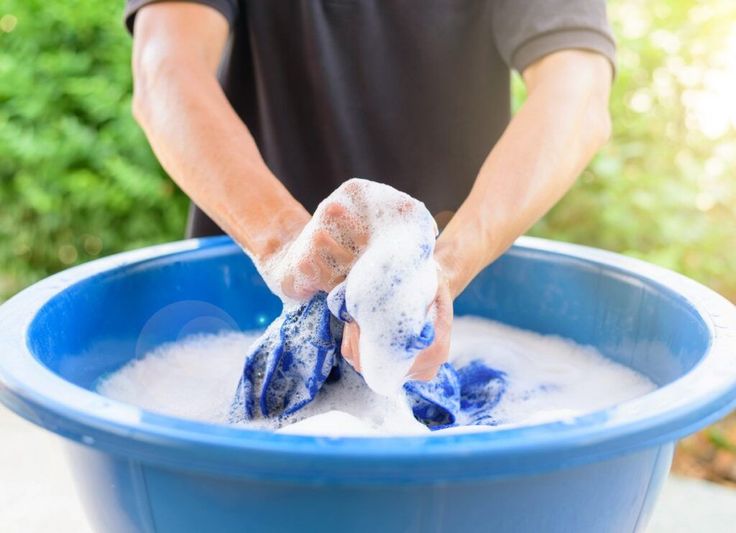

24/7 Phone Services
9845670257


9845670257
When it comes to caring for your clothes, choosing the right cleaning method can make all the difference. While some fabrics thrive with a gentle hand wash, others demand the expertise of professional dry cleaning. The wrong choice can lead to shrinkage, fading, or even complete ruin.
So, how do you decide between dry cleaning and hand washing? This guide will break down everything you need to know, from fabric suitability to stain removal and cost-effectiveness. Let’s dive in!

Dry cleaning is a professional garment-cleaning method that does not use water. Instead, it relies on special chemical solvents to remove dirt, oil, and stains while preserving the integrity of delicate fabrics.
How Dry Cleaning Works
Best Fabrics for Dry Cleaning

Hand washing is a gentle alternative to machine washing, ideal for delicate fabrics that need extra care. It involves manually washing clothes using mild detergent and cold or lukewarm water.
How to Hand Wash Clothes Properly
Best Fabrics for Hand Washing
Dry Cleaning vs. Hand Washing: Pros and Cons
✅ Pros of Dry Cleaning
✔️ Removes tough stains: Especially oil-based stains like grease, makeup, and wine.
✔️ Preserves delicate fabrics: Prevents shrinkage and fabric distortion.
✔️ Professional finish: Clothes look crisp, fresh, and well-pressed.
❌ Cons of Dry Cleaning
❌ Expensive: Costs more than home washing.
❌ Chemical exposure: Some dry cleaners use harsh solvents, though eco-friendly options exist.
✅ Pros of Hand Washing
✔️ Gentle on fabrics: Ideal for delicate or loosely woven textiles.
✔️ Cost-effective: No need to pay for professional cleaning.
✔️ Chemical-free: Uses mild detergents, making it eco-friendly.
❌ Cons of Hand Washing
❌ Time-consuming: Requires effort and patience.
❌ Less effective on stains: Tough stains may not come out easily.
❌ Fabric damage risk: Incorrect washing can cause stretching or color fading.
When to Choose Dry Cleaning Over Hand Washing
🔹 If your garment has a “Dry Clean Only” label.
🔹 If the fabric is structured (like a suit or coat).
🔹 If the item has stubborn stains (grease, ink, wine).
🔹 If it’s made of delicate fibers like silk or wool.
When to Choose Hand Washing Over Dry Cleaning
🔹 If the label says “Hand Wash Only” or “Do Not Dry Clean.”
🔹 If the fabric is lightweight and non-structured.
🔹 If you want to save money on dry cleaning costs.
🔹 If the stains are minor and can be removed with gentle washing.
Cost Comparison: Dry Cleaning vs. Hand Washing
|
Factor |
Dry Cleaning |
Hand Washing |
|
Cost |
$$-$$$ (varies per garment) |
Free or minimal cost |
|
Time Required |
Quick (same-day or next-day) |
Longer (washing, rinsing, drying) |
|
Stain Removal |
Professional-grade |
Less effective |
|
Fabric Care |
Best for delicate garments |
Best for casual wear |
The best method depends on your fabric, stains, and budget. If you own formal suits, delicate silks, or high-end garments, dry cleaning is the safest option. However, if you're dealing with everyday clothes that can handle water, hand washing is a cost-effective and gentle alternative.